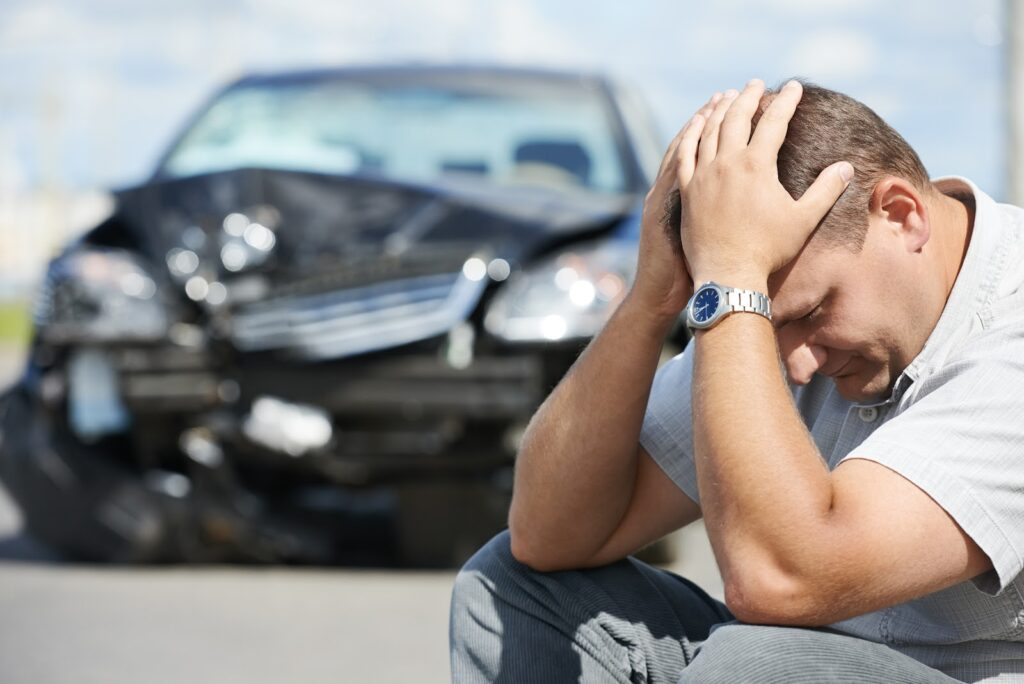
Another thing to understand is that it isn’t always worth the insurance carrier’s time or effort to go after the other driver. If you’ve been hurt in an accident caused by an uninsured motorist, you have the legal right to sue them yourself. However, in most situations, we advise against this. Why? Because if the uninsured driver doesn’t have significant assets to be seized in a lawsuit, you will likely sink a lot of time and court costs into a lawsuit for no real reward. For the same reason, an insurance company might not pursue a person they don’t think they can recover costs from.
If you’re trying to get your expenses paid after an accident with an uninsured motorist, a Georgia car accident lawyer can help. Attorney Ali Awad founded the CEO Lawyer Personal Injury Law Firm to help people injured in car accidents and other situations involving another’s negligence. The CEO Lawyer Personal Injury Law Firm quickly expanded into one of the fastest-growing law firms in the country, and Mr. Awad also dispenses timely legal advice to more than a million followers on social media. Please call today for a free consultation about your case.
Do I Need Uninsured Motorist Coverage?
Yes. This is an important way to protect yourself and your finances if you’re in an accident due to circumstances beyond your control. Driving defensively is an excellent way to reduce your risk of being in a car crash, but it can’t prevent every collision. Sometimes another driver’s negligence leaves you in a situation where there is nothing you can do to avoid an accident, and if that driver is uninsured, you could find yourself with a pile of medical and car repair bills.
As we mentioned earlier, suing the other driver is unlikely to cover your expenses in most cases. If they lack insurance coverage, your main avenue for compensation will be your insurance. But your standard, required liability insurance ($25,000 for bodily injury per person and $25,000 for property damage in Georgia) only covers another motorist’s damages if you are at fault in an accident. It will not help if an uninsured driver causes the wreck.
What Kind of Insurance Do You Have?
Many people we talk with have a hard time answering this question. It’s understandable – you may have had the same policy for years. It can be hard to remember exactly what kind of coverage you purchased, and the different options could have been confusing when you bought them. But if you’ve recently had an accident, you’ll find out very quickly what your insurance does and doesn’t cover.
There are three types of insurance that we look for when trying to get a client compensation after an uninsured/underinsured driver accident:
- Uninsured/underinsured motorist coverage. These policies start at $25,000 in coverage, the same as minimum bodily injury liability and property damage liability requirements. If the at-fault driver has no insurance, you will have access to $25,000 for your medical and other expenses related to your injuries and $25,000 for car repair/replacement costs. The “underinsured” part becomes relevant if the other driver is insured, but their coverage is for a lower amount than your damages. Here it’s important to understand that not all UM/UI policies are the same. A stacking policy will provide another $25,000 (or whatever the policy limit is) in addition to the underinsured driver’s coverage. A non-stacking policy will not.
- MedPay, or medical payments coverage. This is a type of insurance designed to cover your medical expenses for any accident you have, regardless of fault. Although it can be used in collisions where you were at fault, it will also cover crashes caused by uninsured drivers. MedPay can also be stacked on your UM/UI coverage if your medical bills exceed the UM/UI policy limit.
- Collision coverage. This is like MedPay for your car. If you can’t collect from another driver, collision coverage will take care of your car repair expenses, usually after you pay a deductible.
What if I Was Hit by an Uninsured Motorist While Walking or Biking?
Your UM/UI bodily injury insurance covers you, not your car. It doesn’t matter if you are walking or driving. You should be able to access your UM/UI benefits if the at-fault driver is uninsured or underinsured.
What if My UM/UI Claim Was Denied?
As with other types of claims, insurance companies will always look for excuses not to pay. In regular liability cases, where you claim with the at-fault driver’s insurance, the most common excuse is that the accident was your fault. It’s less common with UM/UI claims since you’re dealing with your own insurance company, but it can still happen. This is not a concern with MedPay or Collision policies since those cover damages where you’re at fault. However, your insurance adjuster may find various other clauses in the policy that they claim to rule out coverage of your damages for one reason or another. If any of these situations occur, contact a Georgia car accident lawyer immediately.
Call the CEO Lawyer Personal Injury Law Firm Today
If you’re recovering from an uninsured driver crash or other accident and need help securing compensation for your losses, please contact the CEO Lawyer Personal Injury Law Firm for a free consultation. We’re happy to go over the details of your case, describe the options, and answer your questions. There is no obligation, and if we take your case, you don’t owe us anything until we win.



